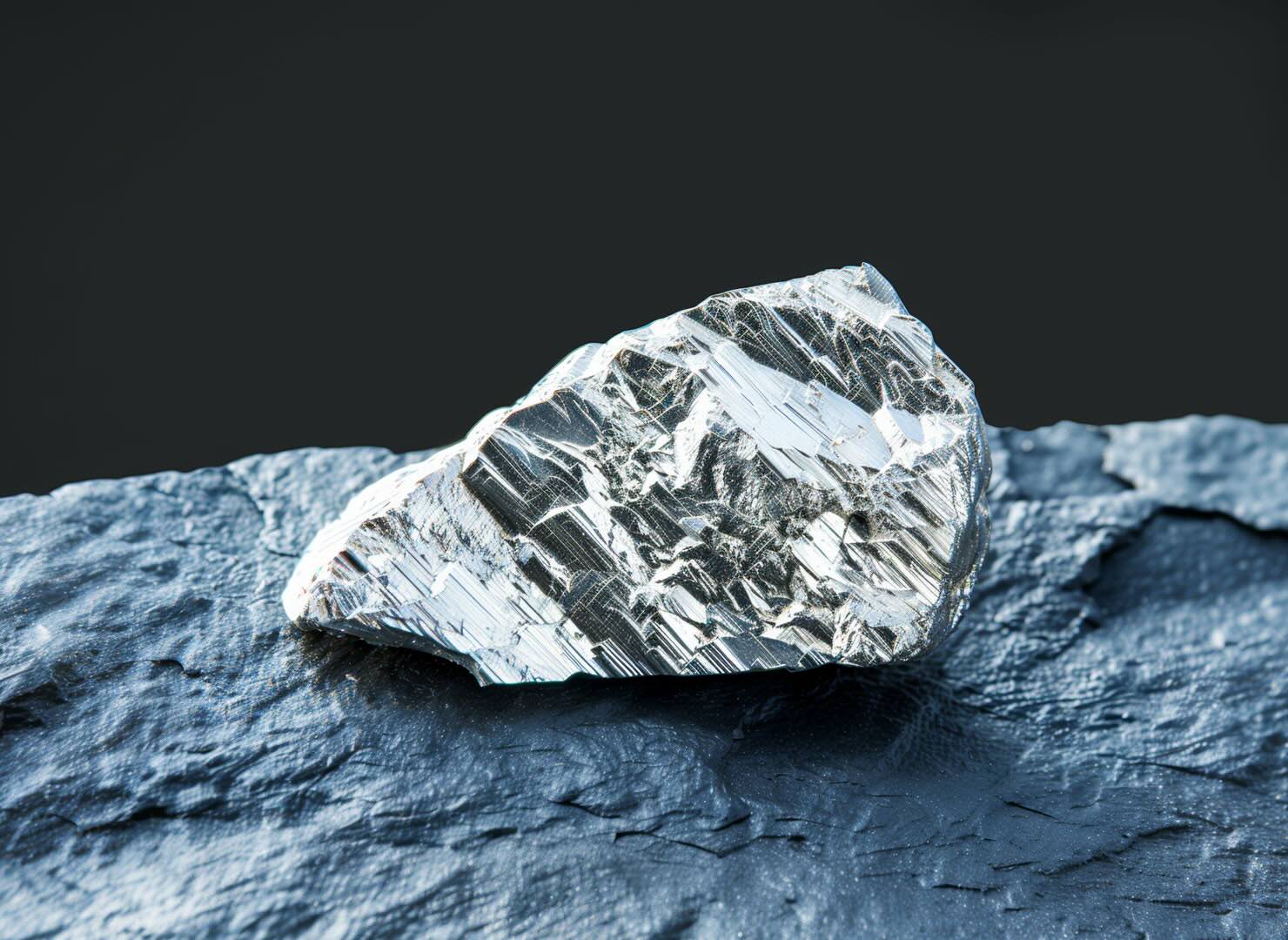
Erbium might not be a household name, but this rare earth element plays a crucial role in our daily lives. Found in the lanthanide series of the periodic table, erbium is a silvery-white metal with some fascinating properties. Did you know that erbium is used in fiber optic cables to amplify signals, making your internet faster? It's also a key component in lasers for medical and dental procedures. Beyond technology, erbium adds a pink hue to glass and ceramics, making them more visually appealing. Curious about more intriguing facts? Let's dive into 37 amazing details about this unsung hero of the elements!
What is Erbium?
Erbium is a fascinating element with unique properties and uses. Found in the lanthanide series of the periodic table, this rare earth metal has a lot to offer. Let's dive into some intriguing facts about erbium.
-
Erbium's Symbol: The chemical symbol for erbium is Er.
-
Atomic Number: Erbium has an atomic number of 68.
-
Discovery: Carl Gustaf Mosander, a Swedish chemist, discovered erbium in 1843.
-
Named After a Village: Erbium is named after the Swedish village of Ytterby, where it was first discovered.
-
Appearance: This element has a silvery-white appearance and is relatively stable in air.
-
Soft Metal: Erbium is a soft, malleable metal that can be easily shaped.
-
Melting Point: It has a melting point of 1,529°C (2,784°F).
-
Boiling Point: The boiling point of erbium is 2,868°C (5,194°F).
Erbium in Technology
Erbium plays a crucial role in various technological applications, particularly in the field of optics and telecommunications.
-
Fiber Optics: Erbium is used in fiber optic cables to amplify signals, making long-distance communication possible.
-
Lasers: Erbium-doped lasers are used in medical and dental procedures for their precision and effectiveness.
-
Erbium-Doped Fiber Amplifiers (EDFAs): These amplifiers are essential in telecommunication networks to boost signal strength.
-
Infrared Light: Erbium emits infrared light when excited, which is useful in various scientific applications.
-
Optical Coatings: Erbium is used in optical coatings to improve the performance of lenses and mirrors.
Erbium in Medicine
Erbium's unique properties make it valuable in the medical field, particularly in treatments and diagnostics.
-
Dermatology: Erbium lasers are used in skin resurfacing treatments to reduce wrinkles and scars.
-
Dentistry: Dentists use erbium lasers for cavity preparation and other dental procedures.
-
Surgical Tools: Erbium lasers are employed in minimally invasive surgeries for their precision and reduced recovery times.
-
Eye Surgery: Erbium lasers are also used in ophthalmology for certain types of eye surgeries.
Erbium in Everyday Life
While erbium might seem like a niche element, it has some surprising everyday applications.
-
Glass Coloring: Erbium is used to produce a pink color in glass and ceramics.
-
Sunglasses: Some high-end sunglasses use erbium to enhance UV protection.
-
Jewelry: Erbium can be used in alloys to create unique jewelry pieces.
-
Nuclear Reactors: Erbium is used as a neutron absorber in nuclear reactors to control the fission process.
Erbium's Chemical Properties
Erbium's chemical properties make it an interesting element for various scientific studies and applications.
-
Oxidation States: Erbium commonly exhibits a +3 oxidation state.
-
Compounds: It forms compounds such as erbium oxide (Er2O3), which is used in various applications.
-
Magnetic Properties: Erbium has interesting magnetic properties that are studied in physics.
-
Reactivity: Erbium reacts slowly with oxygen and water but more rapidly with acids.
Erbium in Research
Erbium continues to be a subject of research, with scientists exploring new ways to utilize this versatile element.
-
Quantum Computing: Researchers are investigating erbium's potential in quantum computing for its unique electronic properties.
-
Nanotechnology: Erbium is used in nanoparticles for various scientific and medical applications.
-
Material Science: Scientists study erbium to develop new materials with enhanced properties.
-
Environmental Studies: Erbium is used in environmental monitoring to detect pollutants.
Fun Facts About Erbium
Erbium has some quirky and lesser-known facts that make it even more interesting.
-
Rare Earth Element: Despite its name, erbium is not as rare as some other elements in the lanthanide series.
-
Colorful Flames: When burned, erbium salts produce a bright pink flame.
-
Stable Isotopes: Erbium has six stable isotopes, with erbium-166 being the most abundant.
-
Magnetic Refrigeration: Erbium is being researched for use in magnetic refrigeration systems.
-
Historical Confusion: Early chemists often confused erbium with other elements like terbium and yttrium.
-
Space Exploration: Erbium is being considered for use in spacecraft materials due to its durability.
-
Art and Design: Artists use erbium to create unique colors in their works.
-
Educational Tools: Erbium is used in educational kits to teach students about rare earth elements.
Erbium's Unique Role in Technology
Erbium, a lesser-known element, plays a big part in modern tech. Its pink hue makes it a standout in glass and ceramics. But its real magic lies in fiber optics. Erbium-doped fiber amplifiers (EDFAs) boost internet speeds, making streaming and browsing faster. This element also helps in medical lasers, offering precision in surgeries.
Erbium's magnetic properties are crucial in creating strong, lightweight alloys used in aerospace and military applications. Its ability to absorb and emit light makes it valuable in optical devices and lasers.
Understanding erbium's diverse uses highlights its importance in our daily lives. From faster internet to advanced medical procedures, this element is a silent hero in technology. Keep an eye on erbium; its contributions are bound to grow as technology advances.
Was this page helpful?
Our commitment to delivering trustworthy and engaging content is at the heart of what we do. Each fact on our site is contributed by real users like you, bringing a wealth of diverse insights and information. To ensure the highest standards of accuracy and reliability, our dedicated editors meticulously review each submission. This process guarantees that the facts we share are not only fascinating but also credible. Trust in our commitment to quality and authenticity as you explore and learn with us.
